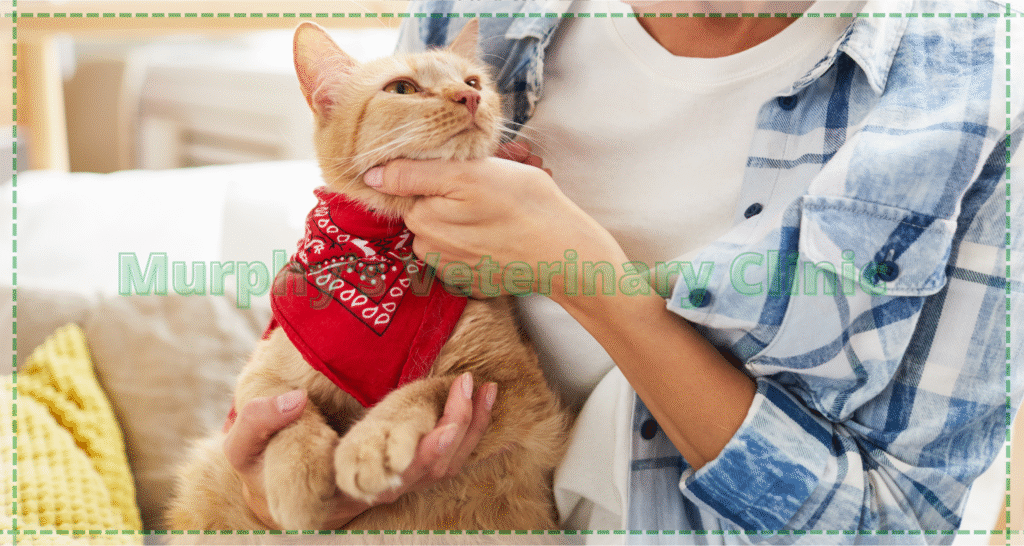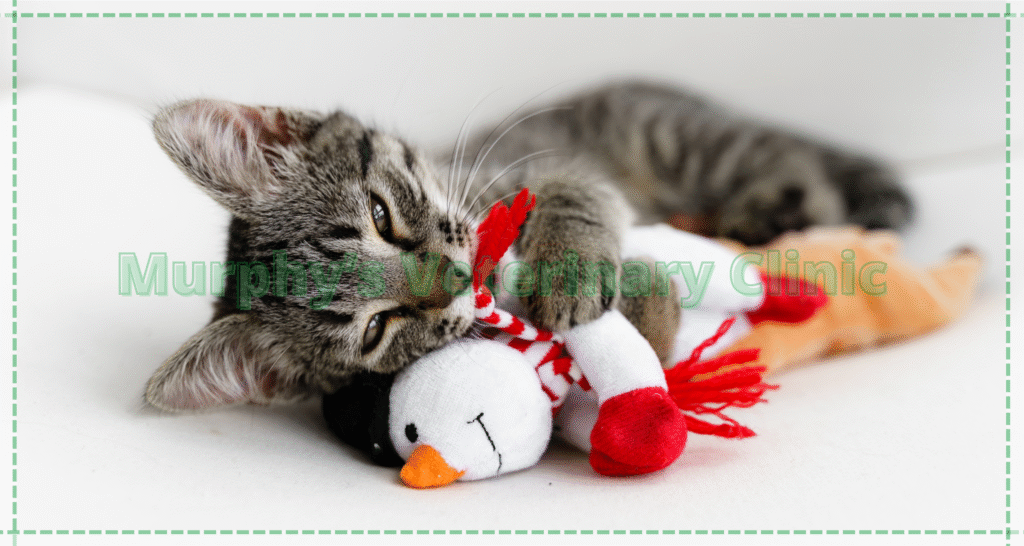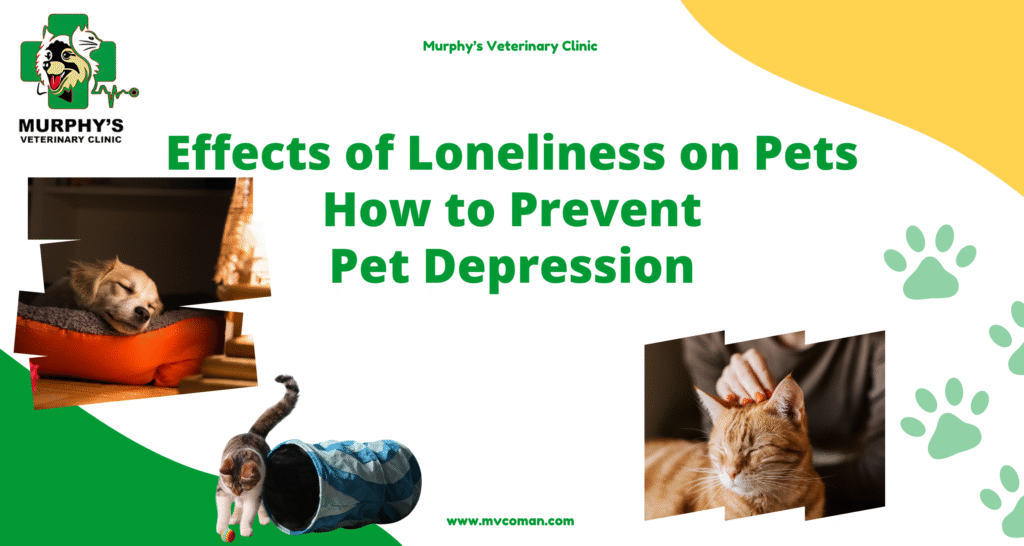Behavior & Training, Health & General Care, Special Care
Effects of Loneliness on Pets: How to Prevent Pet Depression
Topics covered in this article:
- Signs of Depression in Pets
- Role of Play and Entertainment in Preventing Depression
- Behavior Comparison Table: Alone vs. With Human Companion
- Creating a Daily Routine to Support Pets Emotionally
- Therapy Tools Table for Lonely Pets
- Conclusion
The effects of loneliness on pets: how to prevent pet depression is a topic of growing concern for many households. Pets, especially dogs and cats, are social beings that enjoy interacting with humans. When these social needs are not met, it can lead to psychological issues like depression. The effects of loneliness on pets can be so intense that they may lead to behavior changes, loss of appetite, or even physical problems. Just like humans, pets need affection, attention, and companionship. Ignoring these needs may result in anxiety and long-term depression. Understanding the effects of loneliness on pets is essential for every pet owner to ensure their animal’s mental and physical well-being. This article explores the effects of loneliness on pets and offers practical solutions to prevent pet depression. As you’ll see, simple changes can make a big difference in your pet’s life.

Signs of Depression in Pets
Recognizing early signs of pet depression plays a major role in improving their emotional state. Changes in daily behavior such as excessive sleeping, lethargy, or even aggression can be key indicators. The effects of loneliness on pets are clearly visible here, as animals suffer from the absence of human interaction. Loss of appetite and a lack of interest in previous favorite activities should also be taken seriously. If these signs persist for more than a few days, you should consult a veterinarian.
- Noticeable behavioral changes
- Reduced energy or playfulness
- Sleep disturbances or insomnia
- Sudden appetite loss or overeating
- Increased sad vocalizations or howling

Role of Play and Entertainment in Preventing Depression
Providing regular playtime and entertainment opportunities can significantly reduce the effects of loneliness on pets. Animals that play daily with their owners are less likely to feel lonely or depressed. Interactive toys and puzzle feeders help keep pets mentally stimulated. Daily walks, outdoor games, and even simply talking to your pet can be effective. These activities trigger the release of happiness hormones like dopamine in the pet’s brain. Because the effects of loneliness on pets are tied to their mental and physical activity, lack of entertainment can be harmful. Creating a simple but consistent daily play routine is an effective way to protect your pet’s mental health.
- Use of interactive toys
- Group play with other pets
- Regular walking routines
- Puzzle and brain games
- Learning tricks and basic training

Behavior Comparison Table: Alone vs. With Human Companion
The effects of loneliness on pets are clearly reflected in this table. Being with humans can ease many symptoms of depression and improve a pet’s quality of life. These changes emphasize how crucial human presence is for pets.
| Behavior | When Alone | With Human Interaction |
| Energy Level | Decreases | Maintained or Increased |
| Appetite | Irregular or low | Balanced |
| Vocalization | More frequent/sad | Normal or reduced |
| Interest in Play | Decreases | Increases |
| Physical Symptoms | More likely | Reduced or absent |

Creating a Daily Routine to Support Pets Emotionally
Having a structured daily routine can help lessen the effects of loneliness on pets. Scheduled times for feeding, playing, and resting increase a pet’s sense of security. Consistent behavior from the owner reduces anxiety and strengthens the pet’s emotional stability. Like children, pets need consistency and predictability. When you play with your pet at the same time every day, they feel important and loved. The effects of loneliness on pets decline when they know when to expect interaction. Even simple routines can have a big emotional impact.
- Scheduled feeding times
- Daily planned play sessions
- Consistent sleep schedules
- Socialization time with humans or pets
- Scheduled grooming and cuddling

Therapy Tools Table for Lonely Pets
These tools can help reduce the effects of loneliness on pets and create a peaceful, engaging environment for your animal. Choosing the right support tool can significantly enhance your pet’s well-being.
| Item | Use | Emotional Benefit |
| Pet camera | Remote communication | Stress reduction |
| Fillable toys | Mental stimulation | Prevents boredom |
| Owner-scented pet perfume | Natural calming agent | Reduces depression |
| Pet-specific music | Soothing background sounds | Better sleep |
| Cozy cave-like beds | Feeling of security | Lowers anxiety |
| When considering the causes of depression, it is essential to recognize that this condition is not always the direct result of emotional factors such as loneliness or social isolation. Certain underlying medical problems, including chronic pain, hormonal imbalances, thyroid disorders, nutritional deficiencies, or systemic illnesses, can mimic or even directly trigger depressive symptoms. These physical health issues may alter brain chemistry, energy levels, and overall mood in ways that closely resemble depression caused by psychological factors. Therefore, a thorough evaluation by a qualified professional is crucial to differentiate depression stemming from a medical condition from that caused primarily by emotional stress, ensuring that the underlying problem is properly identified and treated. |
Conclusion
How to prevent pet depression is a major issue in today’s pet care world. Just like humans, animals need emotional connection and affection, and the lack of it can lead to serious depression. By recognizing the symptoms, creating a consistent routine, using supportive tools, and offering regular interaction, pet owners can ensure their animals stay mentally healthy. Paying attention to the effects of loneliness on pets benefits both the pet and its owner by building a stronger bond. Providing a safe, joyful, and loving home can prevent most emotional and behavioral problems. The closer the connection between owner and pet, the lower the chance of depression. The effects of loneliness on pets should never be underestimated, and addressing them is a key responsibility of every caring pet owner.
Murphy’s Veterinary Clinic plays an important role in reducing the effects of loneliness on pets. The clinic offers expert behavioral consultations, accurate depression diagnosis, and personalized recommendations for treatment and enrichment tools. Through a warm environment and routine checkups, Murphy’s ensures your pet’s mental and physical health is always a priority. With professional guidance and compassionate care, Murphy’s Veterinary Clinic helps pet owners raise emotionally balanced and happy animals.


